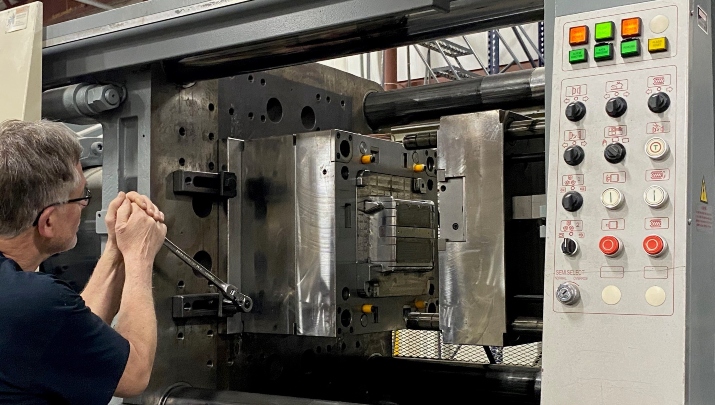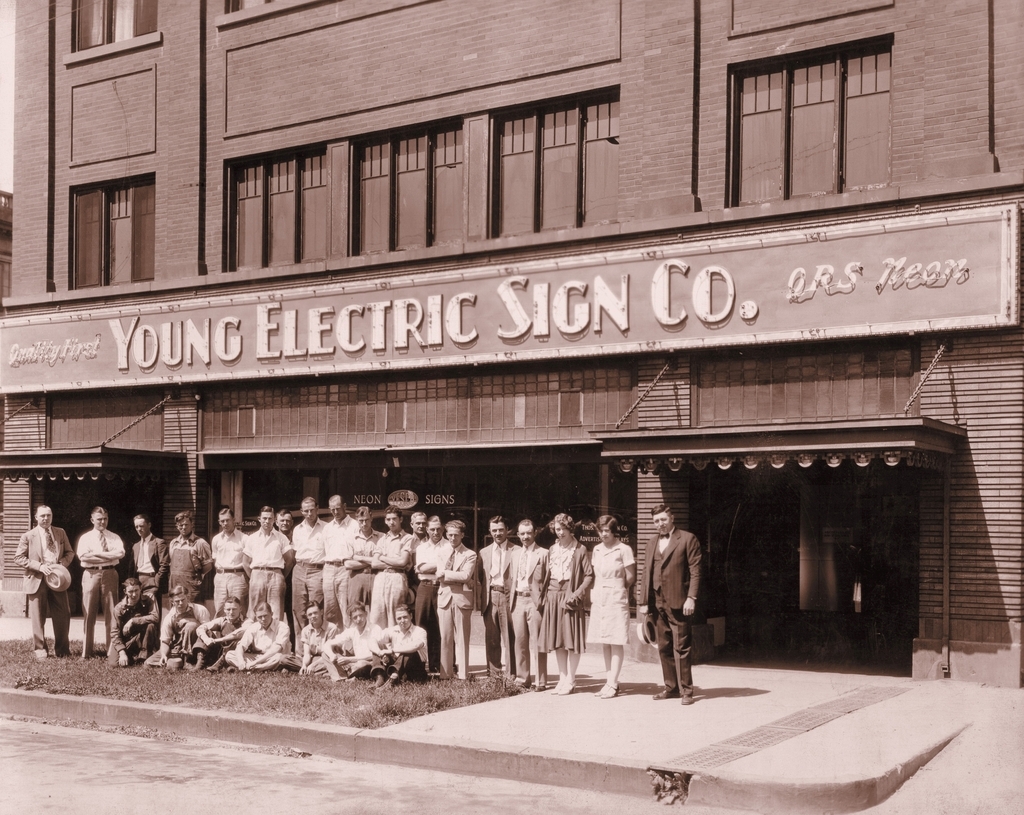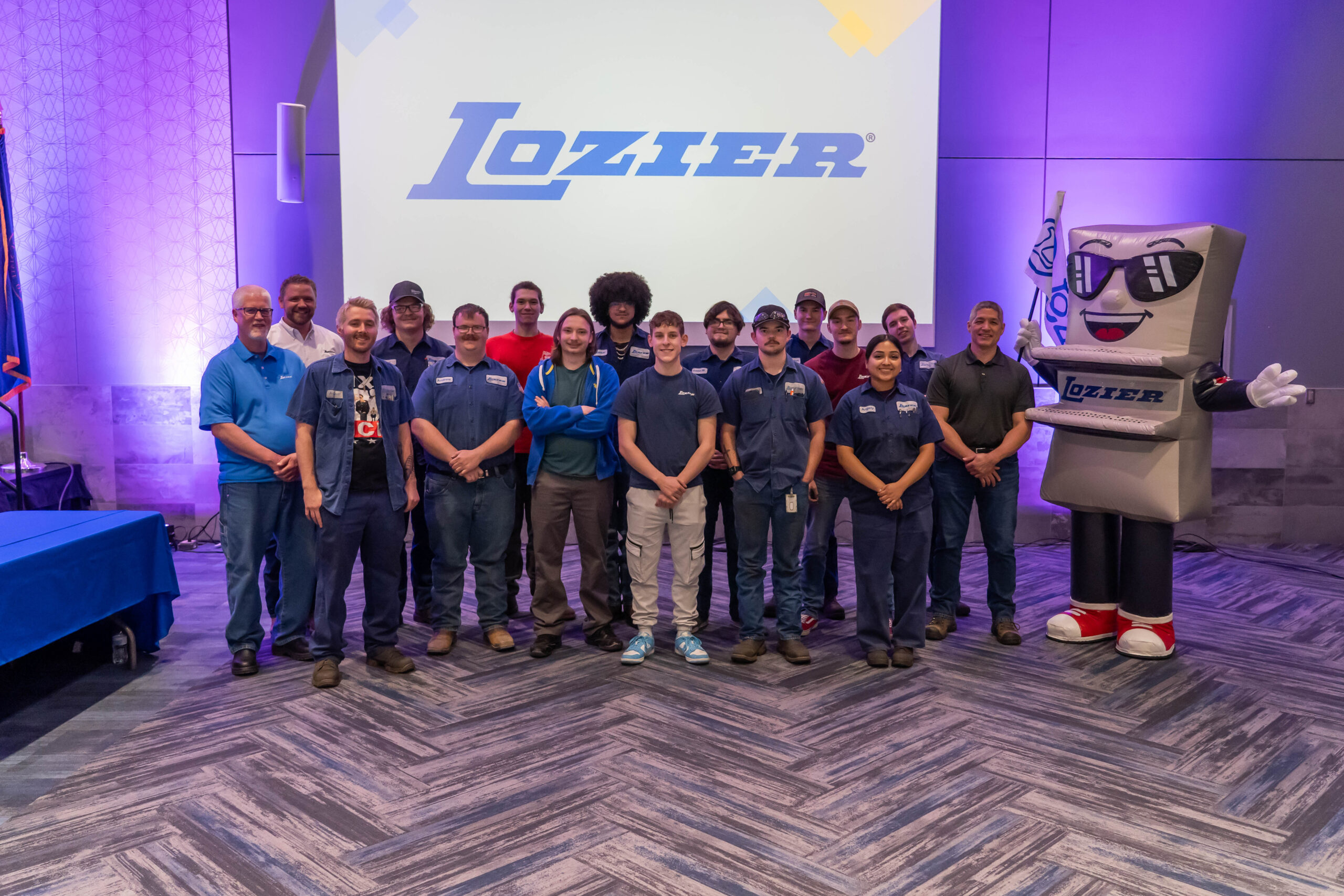
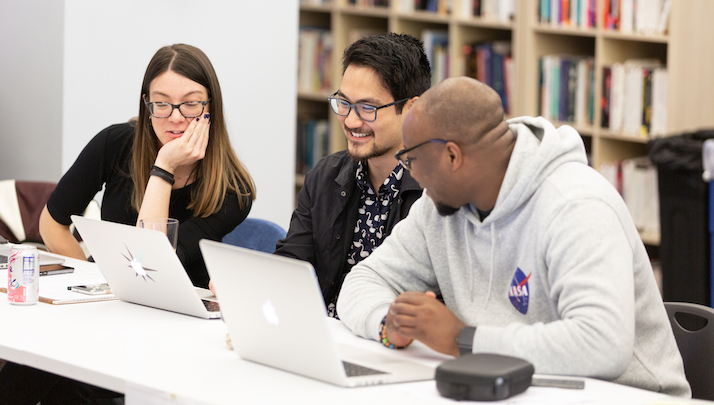
Why My Software Company No Longer Accepts Resumés
- Paul Pagel
- 8th Light
My path to becoming owner and CEO of 8th Light, an Evergreen® software development business, did not follow what might be viewed as a traditional trajectory. I didn’t go straight to college to get a degree in computer science or math or engineering. I didn’t actually graduate from a mainstream high school but instead earned my GED and first attended a vocational school.
I always loved to learn, but the standard academic track was never the right place for me. When I was counseled to attend vocational school, because my grades wouldn’t get me into a four-year college, my interest in computers led me to learn programming. I got a lot of joy out of solving the really hard problems it presented. My intellectual curiosity was piqued, and I fell in love with the craft, ultimately earning enough credits to apply to a four-year degree program. That experience revealed to me a path to professional success that was fueled by passion and practical application.
In that same period, my dad introduced me to a local computer programming company in suburban Chicago, and I got a part-time job that evolved to become a five-year apprenticeship. That opportunity provided me access to really smart people, thought leaders and experts in the field, and an individual mentor. I was ultimately offered a full-time position as a consultant with that company at a fairly young age.
That was the genesis of the belief, which I still hold today, that fulfilling technical careers can start in non-traditional ways. I saw firsthand that the company’s investment in me as an apprentice paid off for them when I was able to do top tier work early in my career. When I left that consulting position to launch 8th Light, my co-founder—who had been my mentor—and I decided to develop an apprenticeship program for the company that would allow us to train people to our quality standards and programming philosophy.
In the early years, most of our apprentices had computer science degrees. As the company and the program grew, we increasingly brought in people with less conventional backgrounds—people who were making a mid-life career change, parents returning to the workforce, those who may not have had conventional academic training but had the aptitude and a passion to learn the craft, or those who had excelled in other fields and exhibited potential to thrive.
Today, we have almost entirely phased out computer science degrees from our hires. We don’t even accept resumés any longer, so we don’t actually know if somebody has a computer science degree or not when they apply. Our hiring process requires an aptitude test and several behavioral interviews. We want to know that a person understands the commitment it takes to master a craft, is committed to learning—and, later, to mentoring—and has the personal characteristics that will make them a good consultant. That process aligns with our three core values, which are humanity, education, and ownership.
Once they have been hired, apprentices spend on average the first six months training with a variety of mentors with a range of experience and seniority throughout the company. After that, over the next year, they begin working on client projects but continue to train and learn from mentors. Throughout, they benefit from the connections and community of their cohort group, which averages around 20-25 apprentices each cycle.
For our company—which now numbers 164 employees, including 19 apprentices, in six locations in the US and London—the apprenticeship program drives a culture of curiosity and education. Learning continues throughout a team member’s career, through unstructured learning opportunities, as well as dedicated learning periods and the opportunity to apply for more extensive education and development programs. This is critical in our field because the path to mastery is one of life-long learning.
It’s rewarding to have experienced the benefits of the apprenticeship path as an apprentice myself, and now to see the positive impact from the angle of an employer. The program has created a skilled, loyal team that is inclusive and rich in diversity of thought and experience.
That said, the model is not without its challenges. There is considerable cost to the organization when senior team members take time to mentor apprentices. In the six months that an apprentice is focused on training, they are not engaged in any billable work, so the up-front investment is significant. In addition, the diversity of the team’s background and experiences can create conflict, and we were forced to address issues of inclusivity earlier in our growth than many companies. But for us, both the cost of the program and the work to support inclusivity have allowed us to develop a team with a very high level of expertise and to foster a culture that is marked by deep connections, both of which serve our company and our clients.
I know that our apprenticeship program will continue to evolve and adapt—it’s an ongoing experiment. As we learn and continue to grow from the talent and energy the program creates for our company, I hope to be able to share what we’ve learned with other businesses that can similarly benefit from the apprenticeship model. As the cost of higher education continues to rise, there is a significant opportunity for companies to provide training and grow talent in non-traditional ways. I’ve certainly seen the value of this approach, and I’m excited to see where it will continue to lead us.
Paul Pagel is CEO of 8th Light.
More Articles and Videos
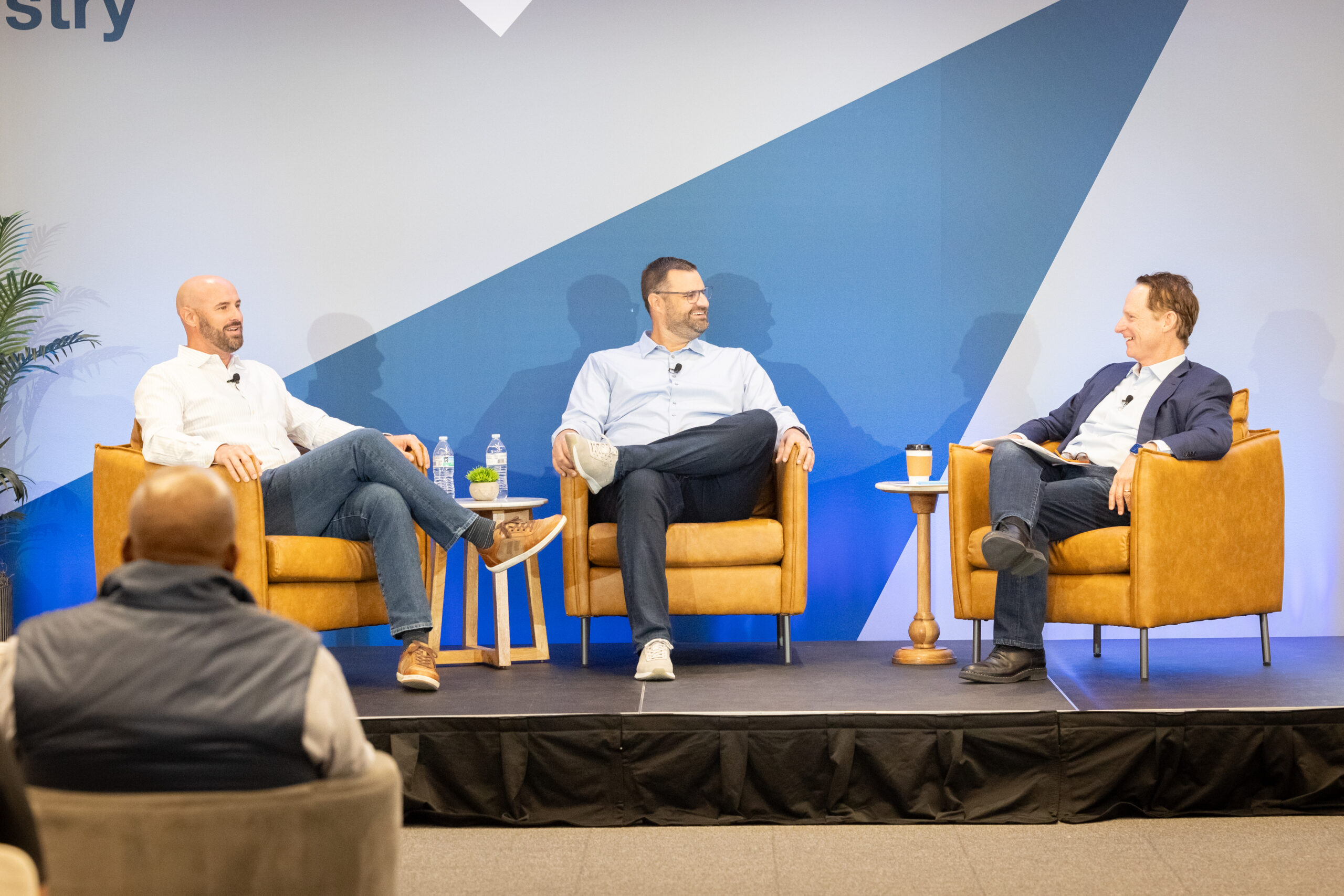
Fireside Chat with Dave Thrasher, Dan Thrasher, and Dave Whorton
- Dave Thrasher, Dan Thrasher, & Dave Whorton
- Supportworks and Thrasher Group

Get Evergreen insight and wisdom delivered to your inbox every week
By signing up, you understand and agree that we will store, process and manage your personal information according to our Privacy Policy
